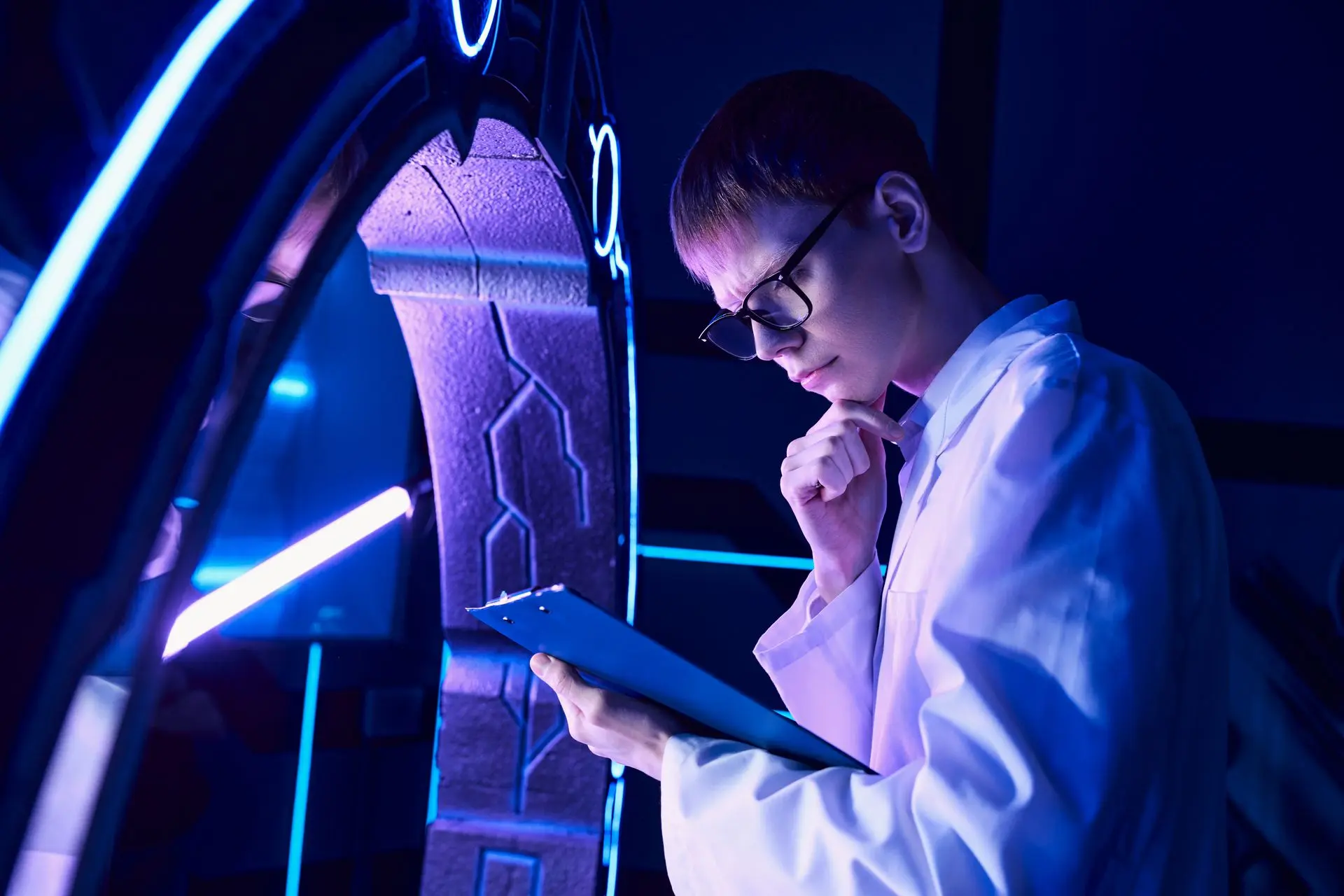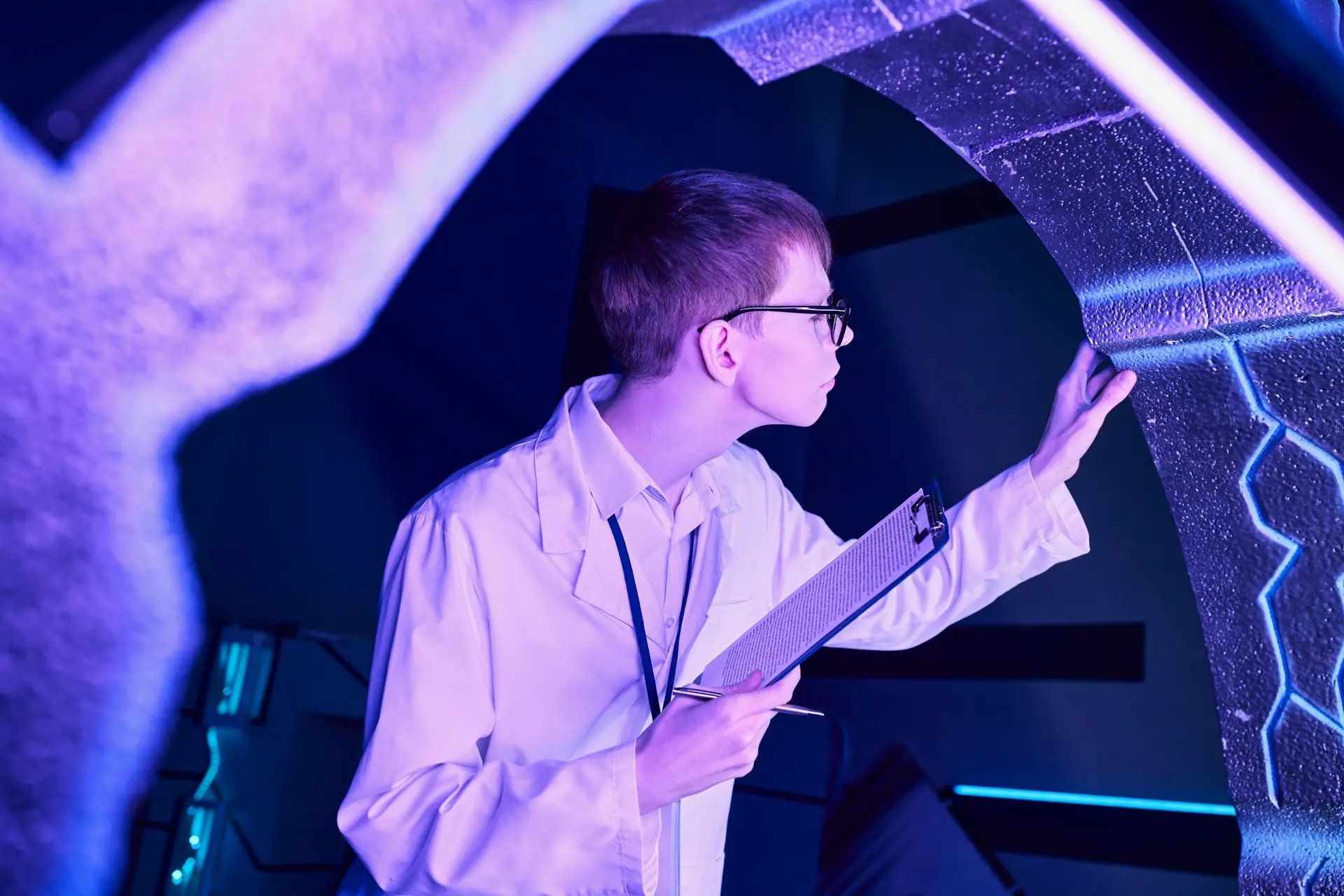ITCM: Ion Trap and Cavity QED
& Molecular Physics Research Group
Quantum Interfaces, Cold Chemistry, and Fundamental Constant Probing
The ITCM Group (Ion Trap Cavity-QED and Molecular Physics) was founded in 2012 at the University of Sussex by Dr. Matthias Keller. The group investigates cutting-edge physics at the intersection of quantum optics, molecular spectroscopy, and ion-atom interactions.
Formed by merging the Ion Trap Cavity-QED (ITCQ) group and the Molecular Physics Laboratory (MPL), ITCM pioneers quantum communication, precision spectroscopy, and ultracold molecular reaction dynamics.
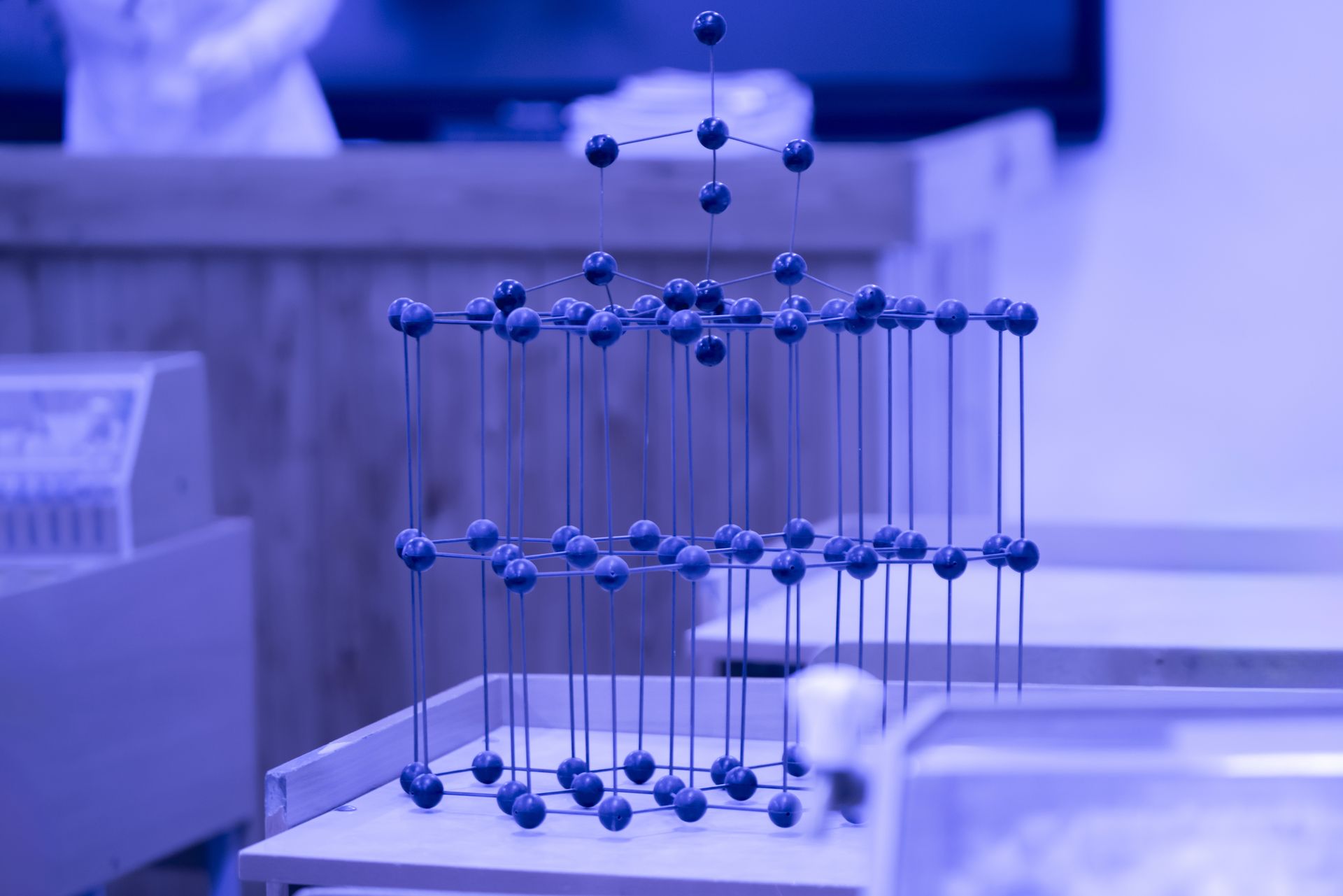
⚛️ Molecular Physics & Fundamental Constants
Precision Spectroscopy to Probe the Laws of Nature
ITCM performs high-resolution molecular ion spectroscopy to test the constancy of the fundamental physical constants that govern our universe.
We investigate :
- The electron-to-proton mass ratio using molecular nitrogen ions
- Comparison with atomic calcium ion transitions in the same trap
- Potential temporal changes in the fine structure constant
Our experiments may help validate or challenge unified theories of physics.
❄️ Cold Ion-Molecule Reactions at Ultra-Low Temperatures
Quantum Chemistry Near Absolute Zero
In collaboration with Prof. Tim Softley, we study ultracold chemical reactions between trapped ions and neutral molecules at temperatures just above absolute zero.
In this regime:
- Quantum tunneling and submerged barriers dominate
- We use laser-cooled molecular ions prepared via sympathetic cooling from co-trapped atomic ions
- These cold targets are exposed to a slow beam of neutral molecules
This research provides insight into quantum-controlled chemical dynamics and the role of quantum effects in reaction pathways.
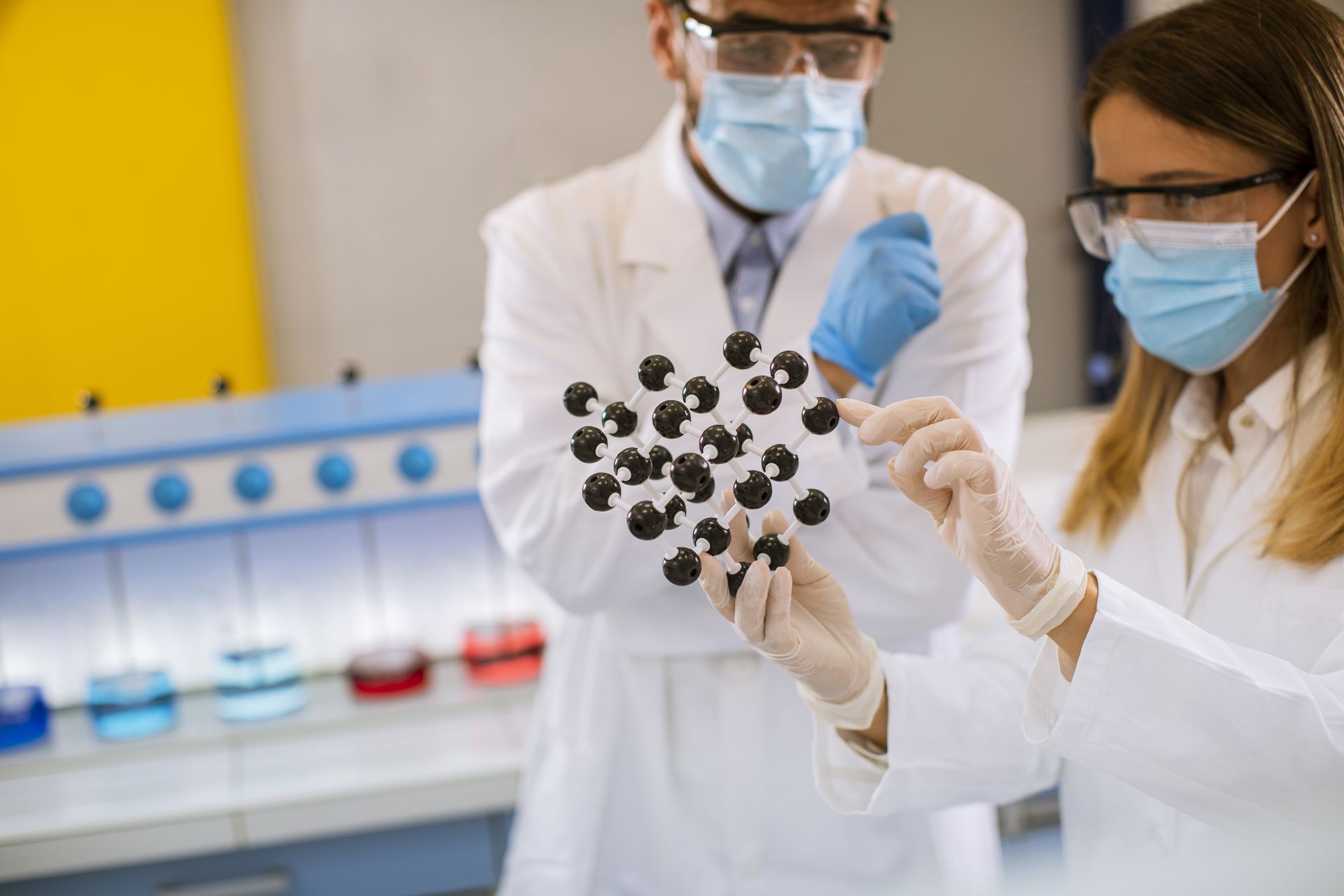
🛠️ Advanced Technology Development
Miniaturized Cavities and Portable Ion Trap Systems
At ITCM, we’re developing next-generation tools for quantum experiments :
👥 Meet the ITCM Research Team
Pioneering Quantum Optics, Molecular Spectroscopy, and Cold Chemistry
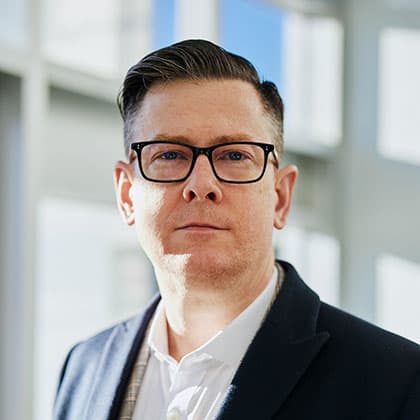
James Mitchell
Principal Investigator & Quantum Optics Lead
Dr. Mitchell spearheads our efforts in developing quantum interfaces between trapped ions and photons, aiming to realize scalable components for the future quantum internet. Her work focuses on entanglement generation and photon-mediated quantum state transfer.
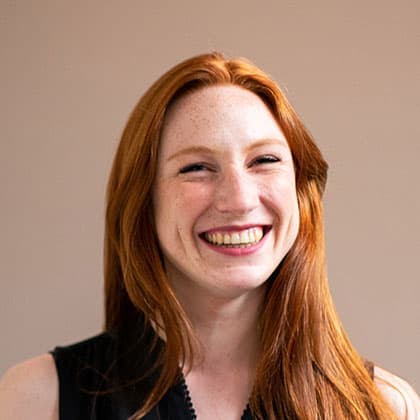
Sophia Benett
Molecular Spectroscopy Specialist
Dr. Benett leads experiments probing potential variations in fundamental constants by comparing molecular nitrogen ion transitions with atomic calcium ion references. His research enhances our understanding of the stability of nature's fundamental parameters.
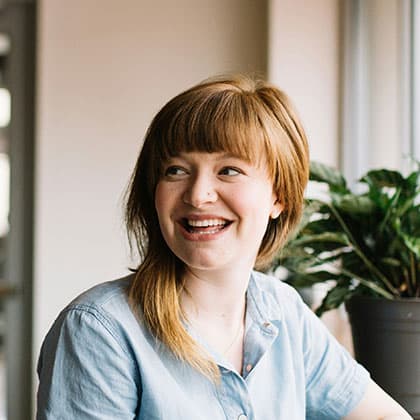
Olivia Reed
Cold Chemistry and Reaction Dynamics Researcher
Dr. Reed investigates chemical reactions at temperatures near absolute zero, utilizing laser-cooled molecular ions and neutral molecule beams to explore quantum effects in reaction mechanisms.

Emily Carter
Quantum Technology Engineer
Dr. Carter focuses on the development of compact ion trap systems and fiber-based optical cavities, facilitating portable quantum devices and enhancing light-matter interaction control.

